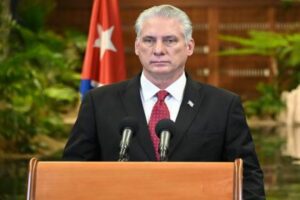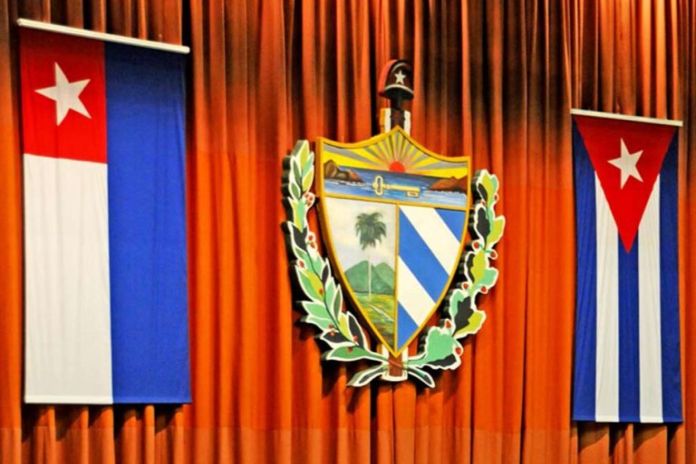HAVANA, Cuba, (ACN) – The Cuban National Assembly of People’s Power (parliament) will hold sessions December 16-20, 2024, to consider social and economic issues of crucial national interest.
The Cuban lawmakers will hold a plenary session after the work of the parliament’s permanent commissions to check previous accords and to consider the country’s economic plan for this year.
They will also consider the country’s budget bill for 2025, said parliament secretary Homero Acosta, who also announced that the meeting will address the implementation of the policy for the integral attention to children, adolescents and youths, while a draft code on the Childhood, Adolescence and Youths will also be on the agenda.
Other bills include a draft legislation on notarial services, which will be subordinated to the ministry of justice, to offer more efficient services to the people.
Following the implementation of the Cuban Constitution in 2019, – 50 legislations and 113 decree laws have been passed by parliament, Acosta said. The current legislature of the Cuban parliament includes 470 lawmakers, with 55 percent of them being women.

Meanwhile, Cuban president Miguel Díaz-Canel Bermúdez praised science’s role in government programs during a visit to Holguin province and commended the great work carried out by the University of Holguin through projects intended to make a better contribution to the development plans implemented at provincial and municipal level.
The Cuban leader also underscored both the role of this university in the implementation of some 60 projects linked to the Governance Management System based on Science and Innovation and the involvement of the Party as a major pillar of Cuban society, as well as the importance of relying on the Young Communist League to ensure that its members eventually become Party members with a view to the country’s future.
Díaz-Canel’s tour included a visit to a mechanical enterprise where 12 tractors from Belarus are being assembled with the technical assistance of specialists from that country and a Credits and Services Cooperative (CCS) engaged in agricultural and cattle production.





